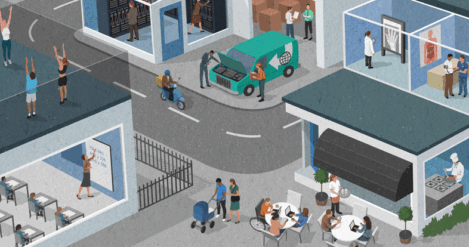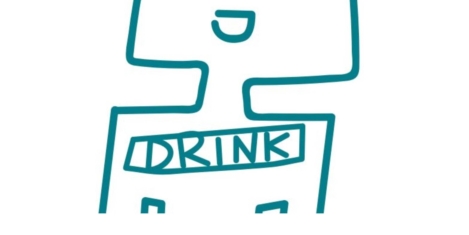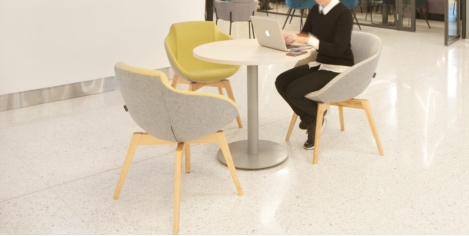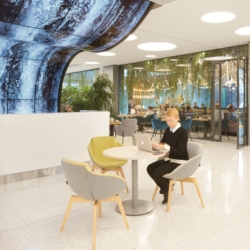April 30, 2025
Future of Work 2025: WEF report sets out the unsurprising but profound changes ahead
 The latest Future of Jobs Report from the World Economic Forum forecasts profound but entirely unsurprising changes across global labour markets over the next five years, as technological breakthroughs, demographic shifts, and the green transition redefine the physical and digital workplace. Drawing on insights from over 1,000 employers, representing more than 14 million workers across 55 economies, the report on the future of work claims that technological change—particularly the rise of generative AI (GenAI)—will be the most powerful driver of workplace transformation by 2030. Broadening digital access is expected to reshape six in ten businesses, followed closely by AI and robotics, which are both forecast to simultaneously create and displace jobs on a massive scale. (more…)
The latest Future of Jobs Report from the World Economic Forum forecasts profound but entirely unsurprising changes across global labour markets over the next five years, as technological breakthroughs, demographic shifts, and the green transition redefine the physical and digital workplace. Drawing on insights from over 1,000 employers, representing more than 14 million workers across 55 economies, the report on the future of work claims that technological change—particularly the rise of generative AI (GenAI)—will be the most powerful driver of workplace transformation by 2030. Broadening digital access is expected to reshape six in ten businesses, followed closely by AI and robotics, which are both forecast to simultaneously create and displace jobs on a massive scale. (more…)











 For years it has been evident that there is no ‘future of work’. There is only a journey with no destination and no single way of not getting to it. That hasn’t stopped people talking about it all endlessly. And each time they have, I’ve reached for my pistol.
For years it has been evident that there is no ‘future of work’. There is only a journey with no destination and no single way of not getting to it. That hasn’t stopped people talking about it all endlessly. And each time they have, I’ve reached for my pistol. 





















October 2, 2024
Finger on the pulse: Is biometrics the future of workplace wellbeing?
by Alex Dunham • Comment, Wellbeing, Workplace design